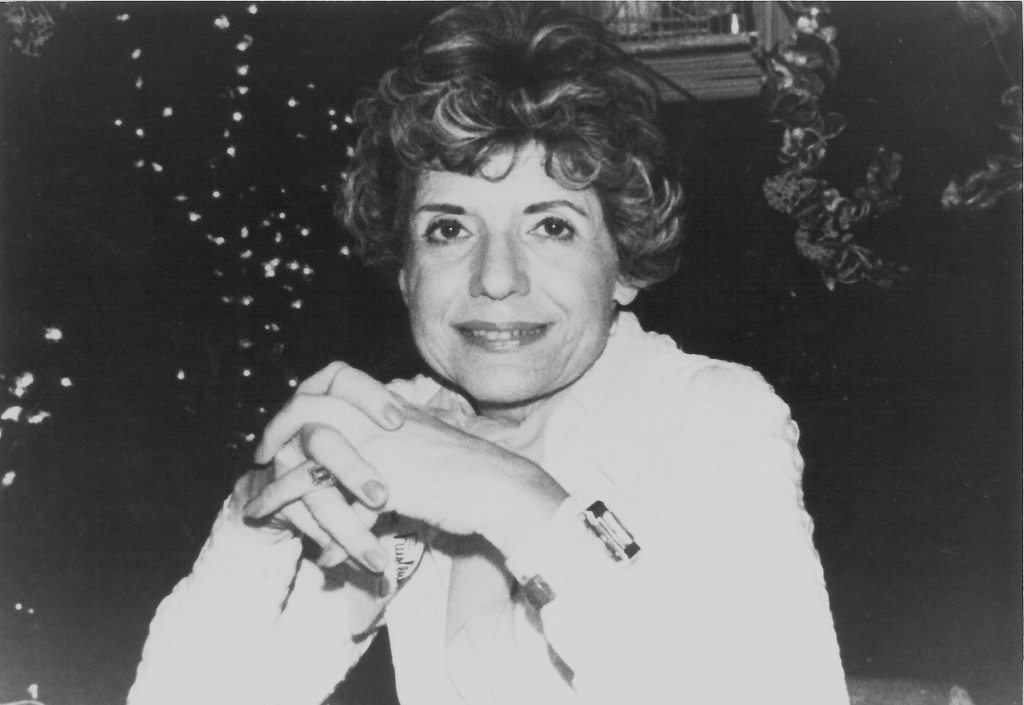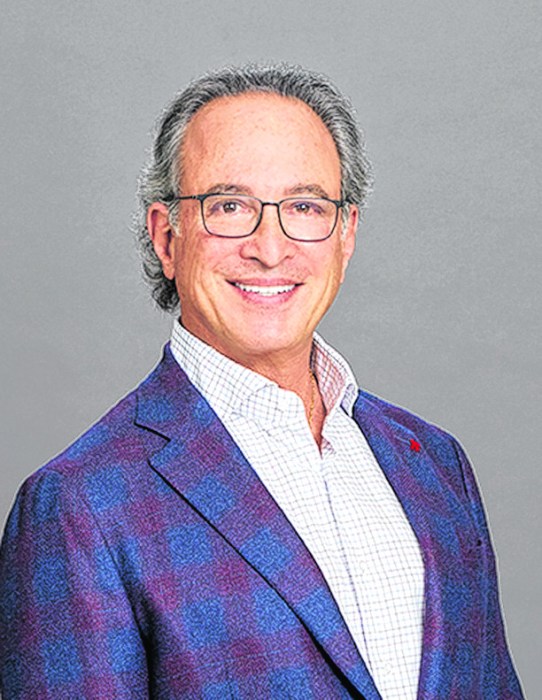
(New York State Red Book)
How is it possible no major media outlet requested an interview with a woman who lost her state Senate seat to Dean Skelos and a high-profile state board of elections position because of Sheldon Silver?
“They all thought I’m dead,” said 92-year-old Carol Berman, a longtime Lawrence resident. Berman left the state Senate in the mid-1980s and a state Board of Elections commissioner’s post in the late 1990s.
In both instances, Berman vacated those positions while Senator Skelos and Assemblyman Silver continued their political ascents. Senator Skelos ousted then-Senator Berman in 1984, and Assembly Speaker Silver replaced Berman with a Silver ally about a decade later at the state board of elections.
So, when Berman learned of her former foes’ convictions on federal corruption charges, what was her immediate reaction?
“My first thought was I was going to send a little note to Skelos and Silver—So sorry, Carol Berman,” Berman said, while quickly adding it was an idea she did not pursue.
In fact, Berman felt little need to pile on as the two of them faced long prison sentences. “I can’t say I was surprised or shocked because these things happen in politics,” Berman stated, while also pointing to the role the former senator’s son, Adam Skelos, played in ending his father’s political career. “I had a sadness about it, really, but it was on the personal level, not the political level,” she said.
Indeed, we spent most of our conversation focusing instead on her commitment to public service, a passion she and her husband, Jerry, passed on to their two children.
Elizabeth Berman Berry, 64, retired after a career in the U.S. Foreign Service and Charles Berman, 60, is the elected Receiver of Taxes in the town of North Hempstead.
Having graduated from the University of Michigan with a degree in journalism, Berman eventually became interested in politics and government, managing U.S. Rep. Herbert Tenzer’s successful campaign. Rep. Tenzer, who also resided in Lawrence, had a Congressional office in Lynbrook, she said, which is where Berman subsequently worked.
When state Senator Karen Burstein announced her retirement, the state Senate’s Democrats recruited Berman to succeed her. Even though Berman’s son and daughter were young adults at the time, she wanted to make sure her husband was on-board with the idea of having his wife spend six months out of every year in Albany.
“If I were dead, would you go?” Jerry Berman asked his wife. “Yes,” the future state Senator responded. The 9th Senatorial District (SD) at the time covered southeastern Queens and southwestern Nassau, which worked to Berman’s benefit in 1978’s Democratic primary, when Berman won in part because she was the only Democratic candidate in a six-person race who was from Nassau County.
Berman was first elected to the state Senate in 1978. When Senator Berman arrived in Albany, then-Governor Hugh Carey recognized the dilemma she faced, given that the Queens portion of her district was filled with Democrats while her Nassau constituents were mostly Republicans.
“We had a very cordial relationship,” she said, in reference to Governor Carey. “Sometimes, he’d call me aside to get me to vote with New York City’s interests. I always had to find that balance.”
The 9th SD’s boundaries were redrawn following the 1980 U.S. Census, placing it entirely within Nassau County. Senator Berman won re-election over then-state Assemblyman Skelos in 1982 but lost to Skelos in their 1984 and 1986 rematches. Her six years as a state Senator in Albany were memorable ones, Berman continued. “I went up there on Sunday night and stayed until Thursday night, and you’re basically alone most of the time,” she said. “I did a load of constituent work, and it was really very satisfying to know you could help people with their problems.”
 Mike Barry, vice president of media relations for an insurance industry trade group, has worked in government and journalism. He can be reached at mfbarry@optonline.net. The views expressed in this column are not necessarily those of the publisher or Anton Media Group.
Mike Barry, vice president of media relations for an insurance industry trade group, has worked in government and journalism. He can be reached at mfbarry@optonline.net. The views expressed in this column are not necessarily those of the publisher or Anton Media Group.



































